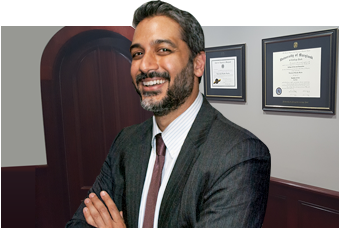A Look at Controlled Substance Laws in Maryland
Like all states, Maryland has its own controlled substance laws and penalties. The charges and penalties vary depending on whether an arrested individual is thought to have the substance for personal use or for distribution. If you are charged with a controlled substance-related crime, choose an attorney with experience handling drug crimes in Charles County for the best defense.
Controlled Substance Classifications
Under Maryland law, controlled substances are divided into five schedules. The substances with the least amount of medical value and highest propensity for abuse are considered to be Schedule I substances, while those drugs considered the least dangerous with most medical applications are listed as Schedule V substances. Penalties for controlled substances are based on the schedule class, with Schedule I substance charges being the most serious.
Possession and Sale of Controlled Substances
One of the first things your lawyer will determine when you are arrested is whether you are being charged with possession or sale of a controlled substance. Possession carries less stiff penalties than sale charges, with possession penalties generally topping out at four years in prison. Sale of a controlled substance charges could carry penalties of 40 years or more. Your attorney will try to minimize your charges to reduce the potential sentence you face. For instance, your lawyer may argue that you should be charged with possession instead of sale based on the amount of the substance you are accused of having.
Marijuana Laws
Marijuana is a Schedule I drug in Maryland; however, medical marijuana is allowed. To legally possess medical marijuana, you are required to have a prescription and to obtain the marijuana from a recognized supplier. Even with a prescription, you can still be charged with marijuana possession if you haven’t followed the guidelines for legal use, and you may also be charged with a DUI if you drive while using marijuana. If you are using marijuana for medical purposes and are charged, seek legal advice. Your criminal lawyer can prove in court that you had a right to possession and did not violate the law.

